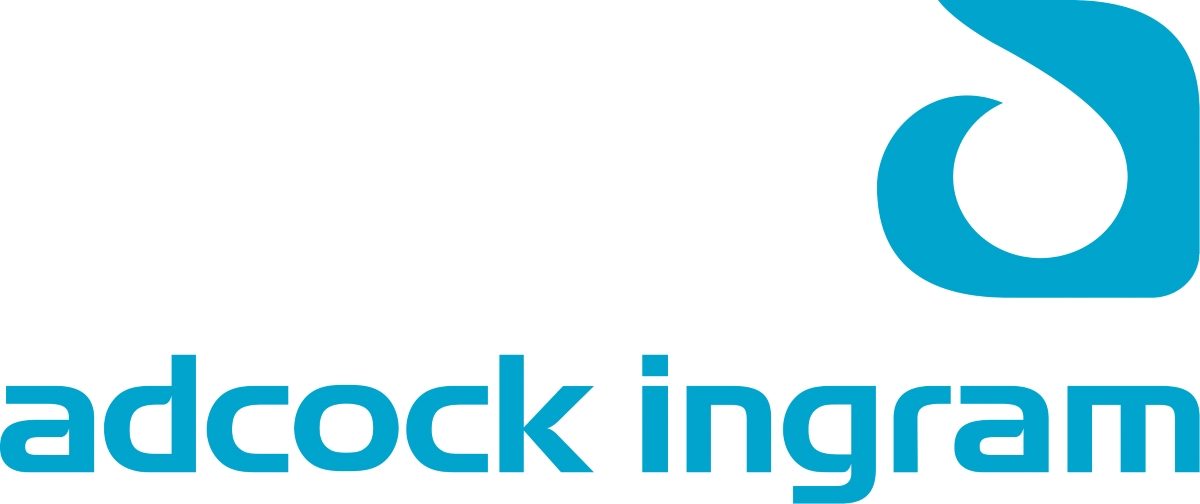Opinion Paper
Call for amendment of Declaration of Geneva of the World Medical Association
Journal of the Colleges of Medicine of South Africa | Vol 2, No 1 | a12 |
DOI: https://doi.org/10.4102/jcmsa.v2i1.12
| © 2024 Johannes J. Fagan, Salome Maswime, Mark G. Shrime
| This work is licensed under CC Attribution 4.0
Submitted: 21 August 2023 | Published: 06 March 2024
Submitted: 21 August 2023 | Published: 06 March 2024
About the author(s)
Johannes J. Fagan, Division of Otolaryngology, Faculty of Health Sciences, University of Cape Town, Cape Town, South AfricaSalome Maswime, Division of Global Surgery, Faculty of Health Sciences, University of Cape Town, Cape Town, South Africa
Mark G. Shrime, Department of Global Health and Social Medicine, Faculty of Global Health and Social Medicine, Harvard Medical School, Boston, United States
Abstract
The Declaration of Geneva serves as a guide to ethical medical practice. It primarily addresses the duties of the physician in relation to an individual physician–patient relationship and implicitly advocates a ‘first come, first served’ model. It assumes the availability of adequate resources to treat all patients. However, no health system can meet all the requirements of its intended beneficiaries, and resource allocation, priority-setting and triaging are inevitable. Yet the Declaration of Geneva ‘does not permit considerations of age, disease or disability, gender …, social standing or any other factor’ to be considered. Neither does it permit consideration of ‘financial toxicity of treatment’ on patients, families and struggling healthcare systems. Making resource allocation, priority-setting, and triaging decisions is ethically complex. Yet in many resource-limited settings, such difficult and ethical judgement calls are left to individual physicians to make; this applies especially in low- and middle-income countries where practitioners are often faced with overwhelming burdens of disease and simply cannot treat everyone requiring care. The Declaration of Geneva should be amended to recognise limitations of physicians to deliver care because of health system constraints and should speak not only of a physician’s duty towards the individual patient but also to broader society. It should provide ethical guidance to those practising in limited resource settings about triaging, protecting elective care, ensuring training of well-rounded physicians, ensuring financial wellness of patients and healthcare systems and ensuring accountability for health and wellness of patients and healthcare systems.
Keywords
Declaration of Geneva; amendment; resource limitations; societal responsibility; triage
Metrics
Total abstract views: 739Total article views: 469

